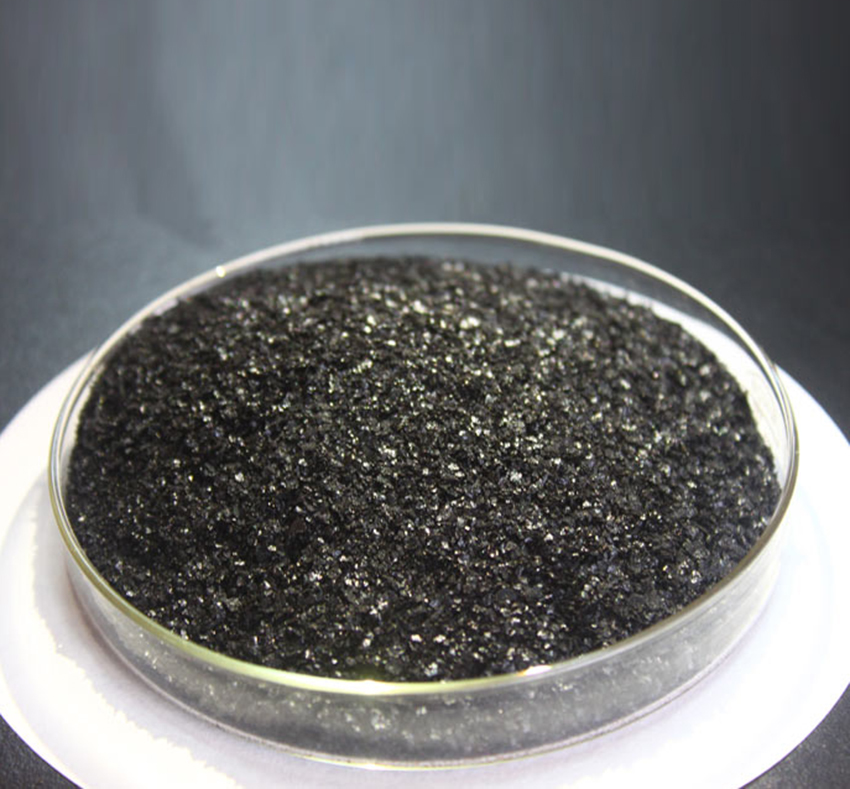Potassium humate effect on soil improvement of structure
Potassium humate is a humus substance, which can affect the nature of the soil, and promote the formation of a more stable agglomerate structure in the soil, so that the aggregate content of ≥0.25mm in the soil increases by 10-20%, and the organic matter content increases by 10%. Keeping the soil moist and increasing ventilation is conducive to the growth of crops.
Enhance soil water retention
Potassium humate is a hydrophilic colloid with strong water absorption capacity. The maximum water absorption can exceed 500%. The weight of water absorbed from saturated atmosphere can reach more than double its weight. The mineral colloid is much larger; potassium humate inhibits crop transpiration, so that the soil water consumption rate is slowed down and the soil water content is correspondingly increased.
Potassium humate effect on soil improvement to Enhance soil fertility
Potassium humate itself is an organic acid that increases the dissolution of mineral parts of the soil, provides soil nutrients, and increases nutrient availability through complexation. As a kind of organic colloid, the source of Potassium humate has positive and negative charges, which can adsorb cations and cations, so that these nutrients can be stored in the soil, which will not be lost with water, and improve the utilization rate of fertilizer, which is especially important in sandy land.
Adjusting the pH of the soil solution
Potassium humate and humic acid transform each other to form a buffer system, which acts to regulate the pH of the soil solution.
Reduce soil salinity
Complexation of potassium humate, sequestration of metal cations in the soil, and its porosity (larger specific surface) can adsorb ions or molecules in the soil solution, reducing the concentration of salt in the soil solution.
Biological effects
Potassium humate contains a variety of oxygen-containing functional groups, which determine its physiological activity, thereby regulating the life activities, promoting the growth and reproduction of beneficial bacteria, and inhibiting the number of harmful microorganisms; the carboxyl groups and phenolic hydroxyl groups in potassium humate have Must inhibit the role of the virus.

